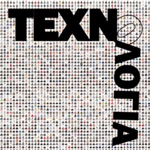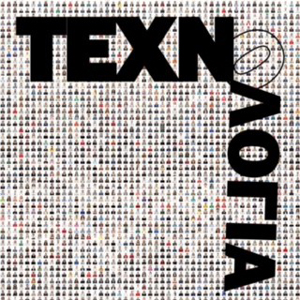‘Crossing the Bridge, a collection of technological, experimental, sensitive & emotional works’, Juliette Wallace, δημοσίευση CLOT Magazine [25/11/2022]

Photo by Indiara Di benedetto
The “Decade of Restoration” (the title the United Nations gave to the last ten years of our ecosystems) has been rocky. So rocky that this year’s Ars Electronica festival has taken it upon itself to propose a “Planet B” as an alternative to our current world. This annual event began back in the speculatively sci-fi year of 1979 (the year that the first Star Trek and Alien films came out). It has been examining the present, proposing ideas for the future and presenting innovative works within art and technology since its inception.
Born in Linz, where it still takes place, Ars Electronica was one of the first festivals of its kind. Originally seen as niche and nerdy, the world is finally catching up. What was once considered an exclusive event created by tech fanatics has now become, through the natural progression and necessities of our times, an important space for the exchange of ideas and perspectives on our future. Trail-blazers from across the globe, excited by the power of technology and the solutions it presents, are invited to participate and share their work with a broad and dynamic audience. One of these such innovators is the acclaimed tech artist and new-age artistic mentor Christa Sommerer, who was accepted by Ars Electronica eighteen years ago for her collaborative program, Interface Cultures, which continues to be a fundamental feature of the festival.
Sommerer and her partner, Laurent Mignonneau, founded Interfaces Cultures at the University of the Arts, Linz, in 2004 on the back of her and Mignonneau’s experience at the Institute of Advanced Media Arts and Sciences (IAMAS) in Gifu, Japan, where they were Associate Professors. The IAMAS graduate program provided a space where digital creators used and created media technologies innovatively and inspired Interface Cultures in its wide selection of “digital creators” encompassing the arts, engineering, industry and design. In addition, Sommerer and Mignonneau saw in IAMAS’ liberal approach the possibility for new research combinations and out-of-the-box thinking. Thus, their experimental and technology-focused program was created for young and bright students with an eye to the future.
Made up of fifteen original pieces, this year’s Interface Cultures* presented a collection of technological, experimental, and sensitive and emotional works. The title that was chosen for this year’s exhibition, Crossing the Bridge, was selected in honour of what the students present as a need to collaborate, cross boundaries and find new possible combinations within our existing structures. As well as seeking ways to escape the box of historic norms and geographical frontiers, Crossing the Bridge answered an internal call to get out of Interfaces Cultures’ physical box – namely the arts university – and into the heart of the Linz tech festival, which was scattered across eleven locations throughout the city.
Η συνέχεια εδώ.





